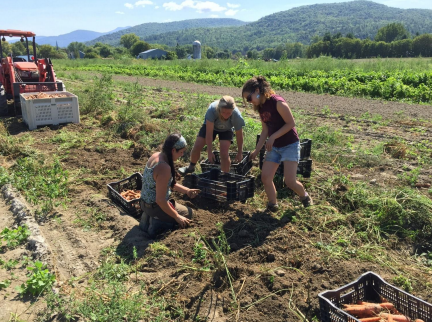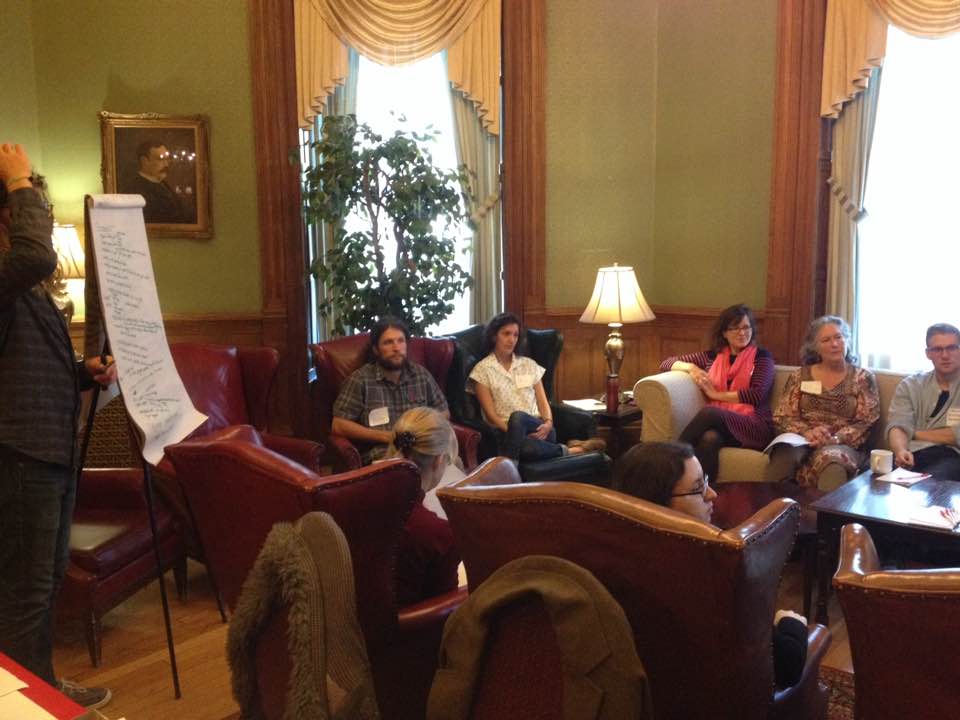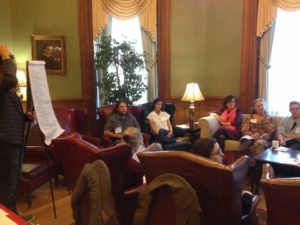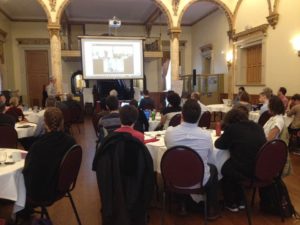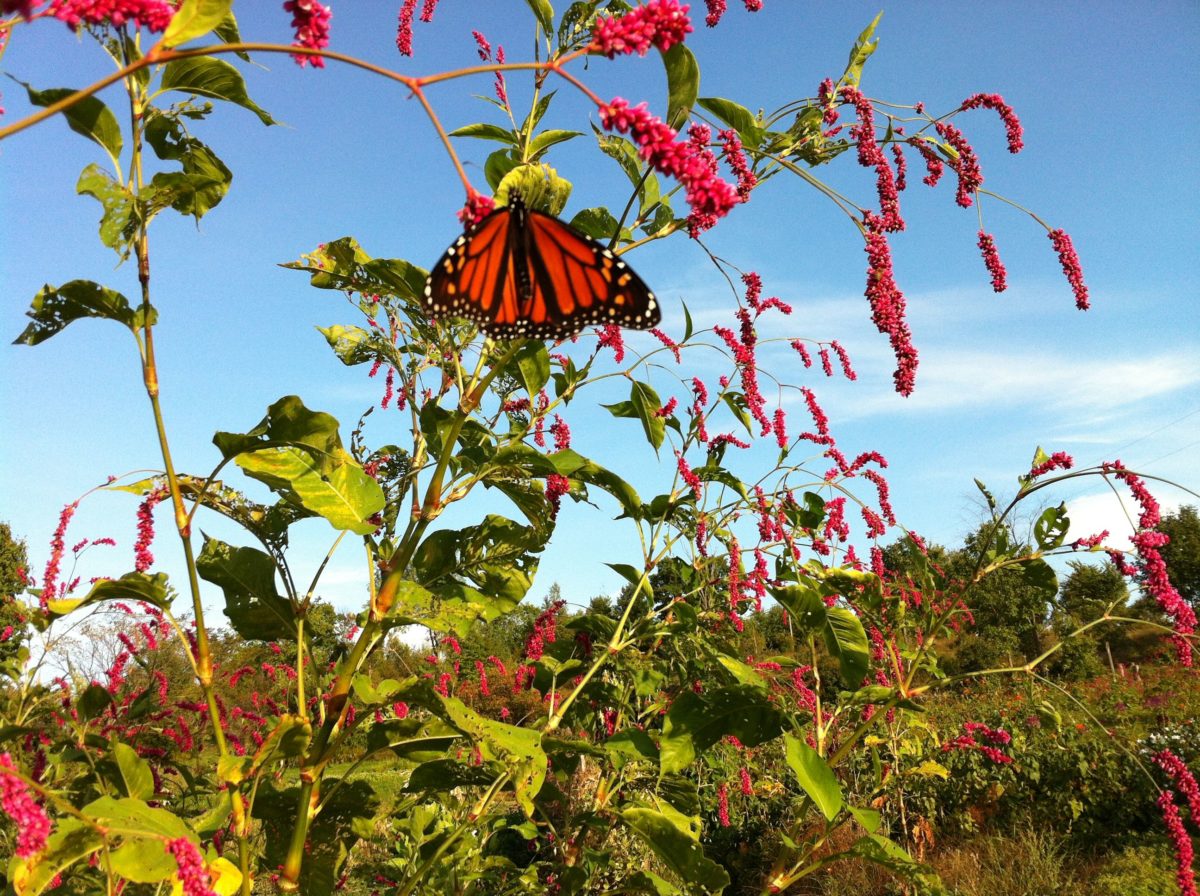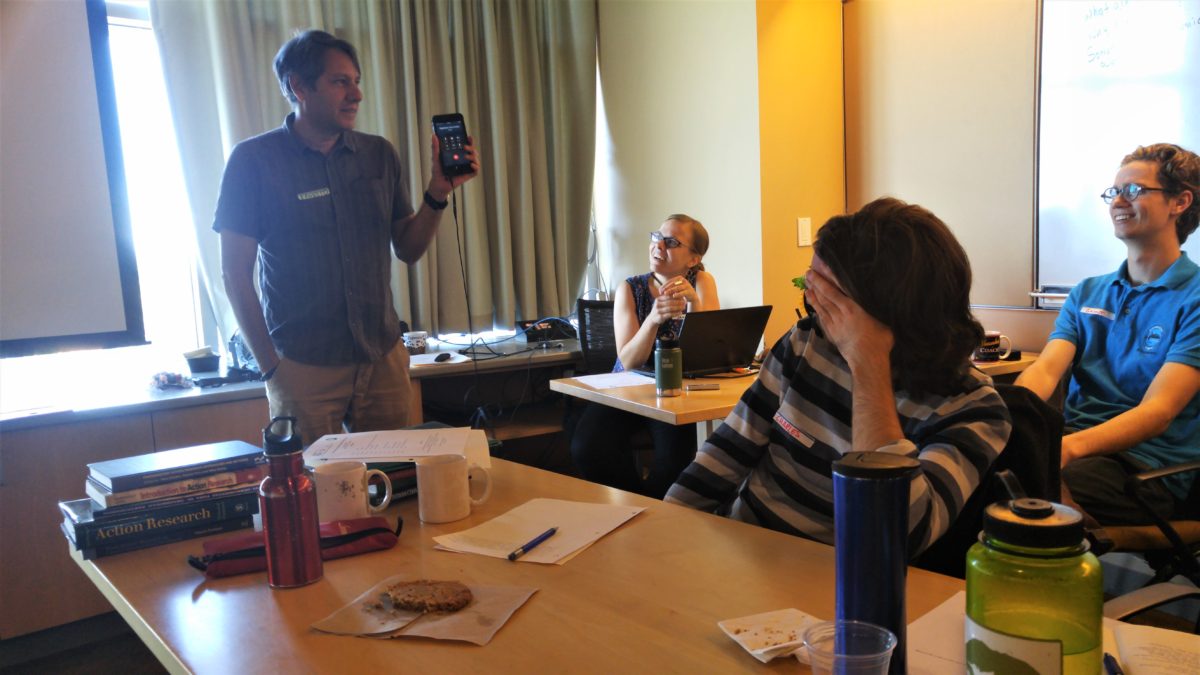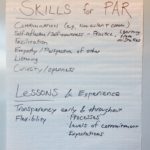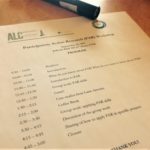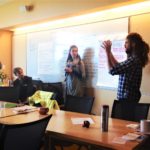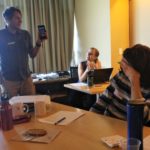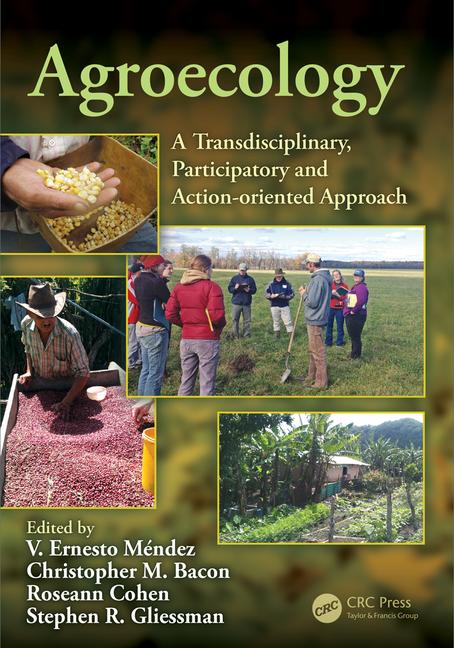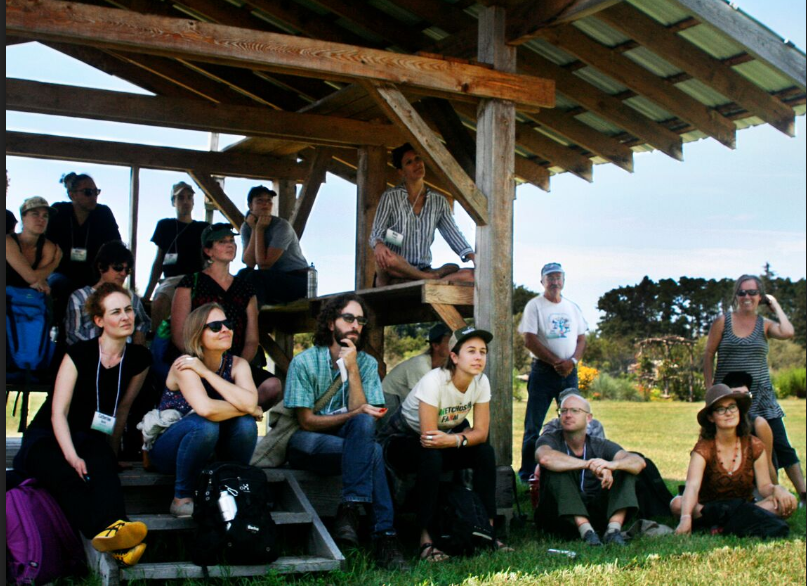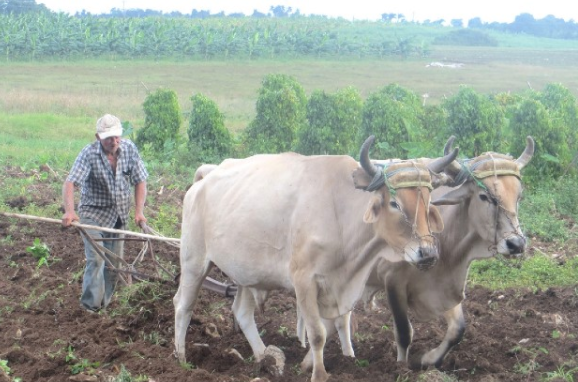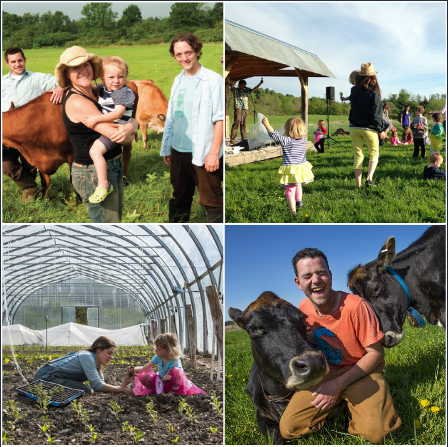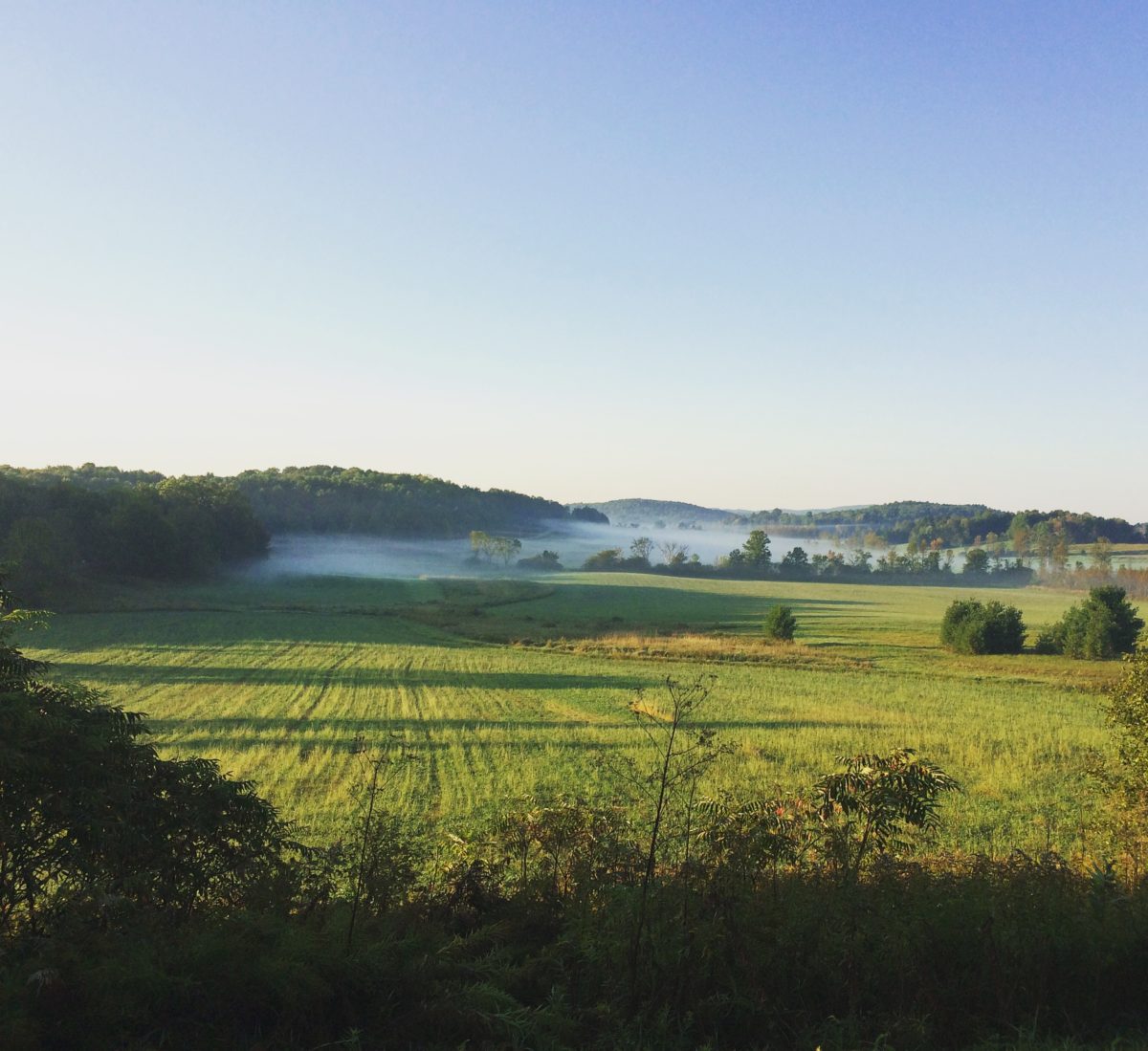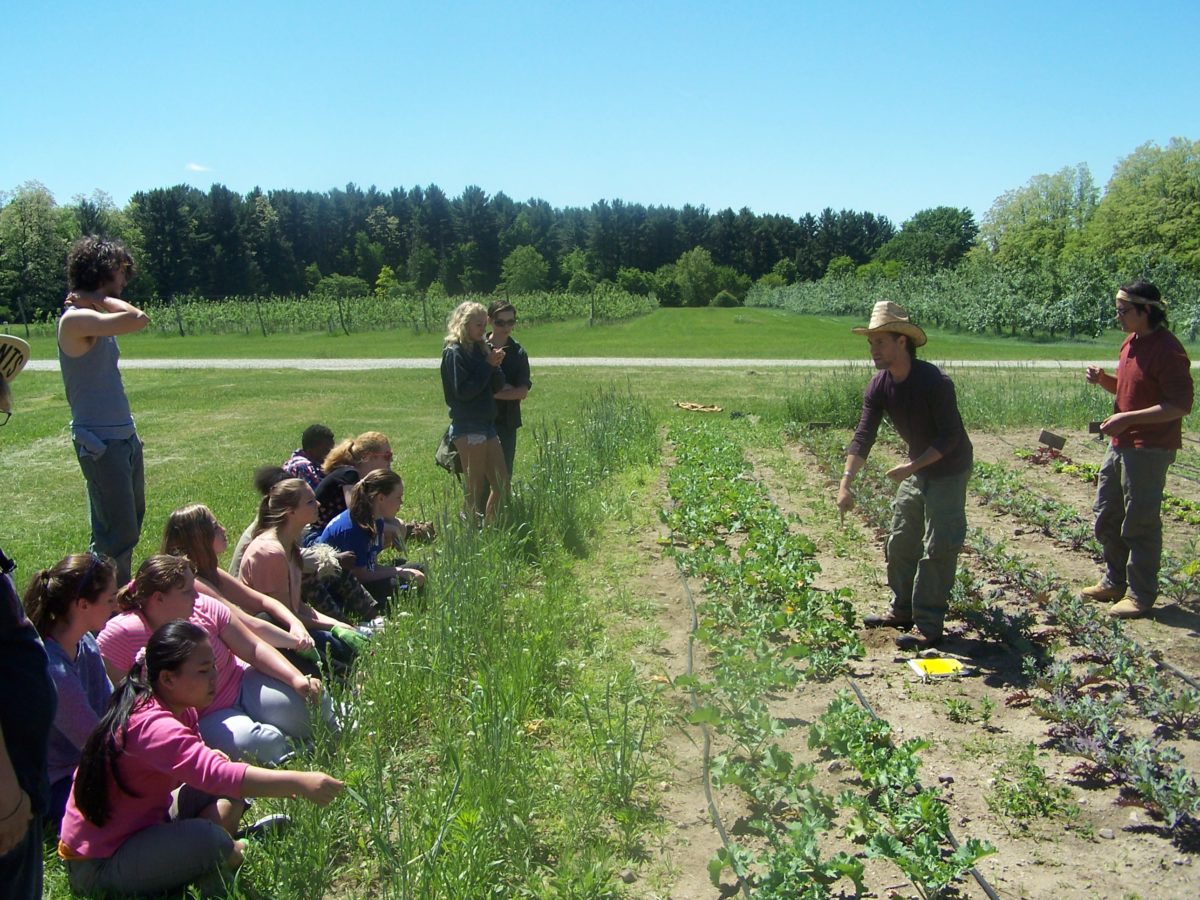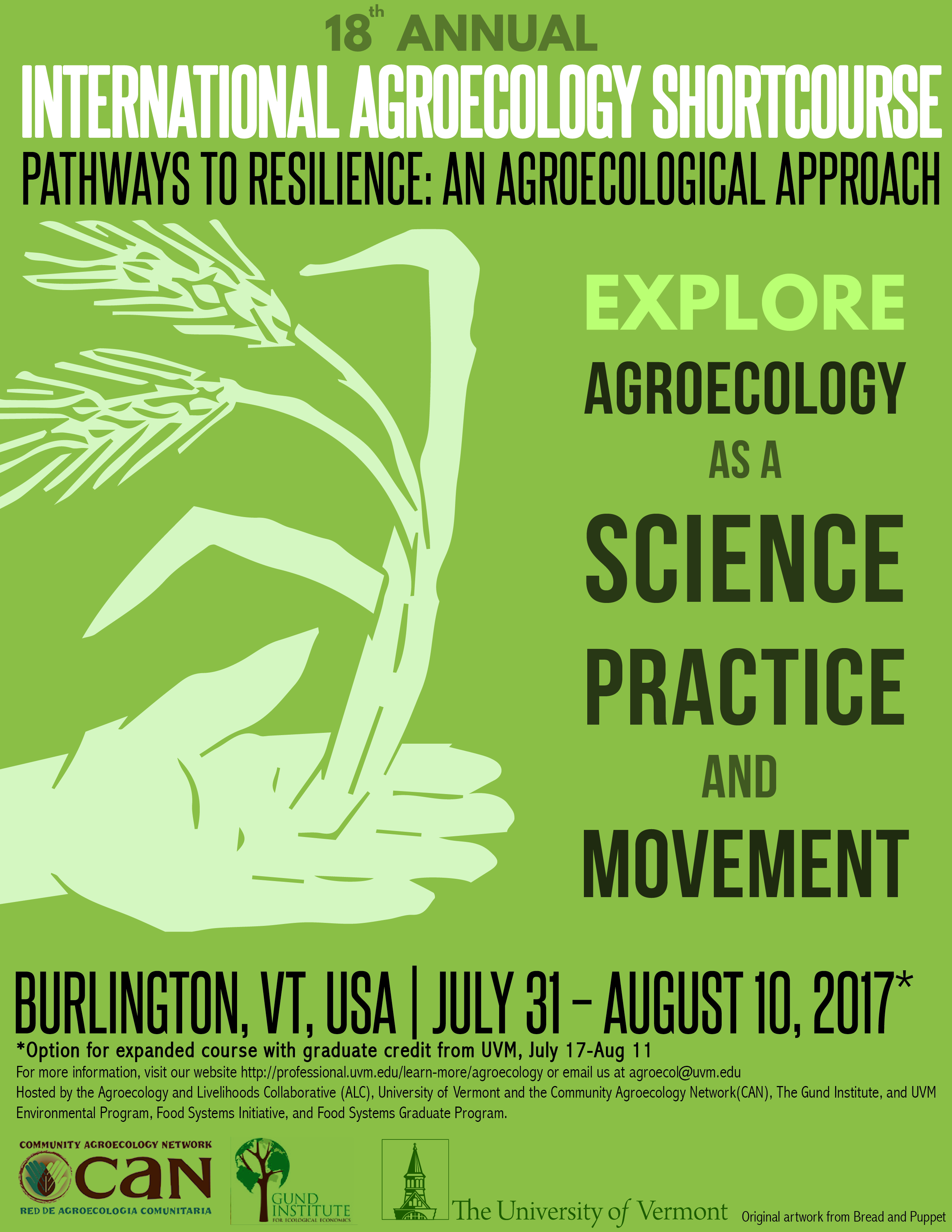The Agroecology and Livelihoods Collaborative is excited to announce that our new project, Engaging Co-Learning Through Participatory Action Research (PAR), has been awarded funding through the Engaged Practices Innovation Grant at the University of Vermont.
The abstract for this proposal states, “We recognize that participating in real, hands-on agroecology-related research has resulted in important results for student engagement and learning. In response to requests from current farmer partners for research that is useful and relevant, this proposal seeks to expand the PSS/ENVS 212 (Advanced Agroecology) service-learning course to incorporate participatory action research (PAR) co-facilitated by student interns. Four students will be selected as “Farmer Team Captains” or FTCs, and will work closely with faculty and staff of the Agroecology & Livelihoods Collaborative, farmers and their student peers, while gaining strong leadership skills, experience in conducting and facilitating agroecological research and learning what a multi-actor PAR process requires to succeed.
The project is a collaborative partnership, which includes Karen Nordstrom, Lecturer, Department of Nutrition and Food Sciences; Joshua Faulkner, Farming and Climate Change Coordinator, Center for Sustainable Agriculture and UVM Extension, and our farmer partners: Corie Pierce and Brandon Bless, Bread and Butter Farm; John Hayden, The Farm Between; Hilary Martin and Dylan Zeitlyn, Diggers’ Mirth Collective Farm; and Christa Alexander and Mark Fasching, Jericho Settlers Farm.
We look forward to strengthening and deepening our relationship with Advanced Agroecology students, farm partners, and associated UVM affiliates with the support of this grant!

